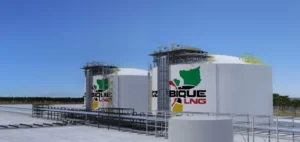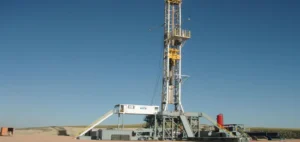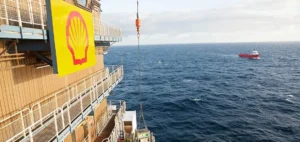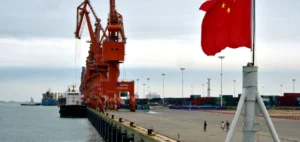After years of uncertainty, South Africa is now actively pursuing the exploitation of its shale gas resources. During a recent official visit to the United States, South African President Cyril Ramaphosa proposed a significant commercial agreement to the American administration, offering to purchase between 75 and 100 million cubic meters of American liquefied natural gas (LNG) annually, over a ten-year period. In exchange, South Africa seeks facilitated access to the U.S. market for its industrial exports, particularly in the automotive, steel, and aluminum sectors. This partnership also includes a specific request for American expertise in hydraulic fracturing to unlock the substantial reserves in the Karoo Basin.
An Under-exploited Gas Potential
The Karoo Basin is considered one of Africa’s most significant shale gas deposits. According to estimates from the Petroleum Agency South Africa (PASA), this basin could contain up to 209 trillion cubic feet (Tcf) of recoverable gas. However, independent studies reduce this estimate to around 20 Tcf due to technical and economic constraints related to extraction. The South African government recently lifted the moratorium on shale gas exploration, marking a major turning point in the country’s energy strategy.
This decision is accompanied by a significant restructuring of the national energy sector. The recent creation of the South African National Petroleum Company (SANPC), merging several existing public companies, is central to this new dynamic. The company is now responsible for coordinating investments, attracting foreign capital, and ensuring national energy security. The SANPC also serves as the primary contact point with the United States for negotiating this future technological and commercial partnership.
Economic and Diplomatic Stakes
Economically, South Africa’s proposal represents a notable opportunity for the United States to strengthen its position in the African LNG market. It comes at a time when South Africa is looking to diversify its energy sources amid a significant decline in gas imports from Mozambique. Moreover, the South African government hopes to stimulate its economy by locally exploiting shale gas, thereby reducing its traditional energy dependency on coal.
This initiative arises in a complex diplomatic context between the two countries, marked by several recent tensions, notably concerning South Africa’s internal policies. Nevertheless, Pretoria is counting on this energy agreement to sustainably reinforce bilateral trade relations. This strategic choice reflects South Africa’s desire to further integrate into the global natural gas economy while attracting the necessary investments to modernize its energy sector.
A Future Dependent on Foreign Expertise
The concrete realization of this project, however, directly hinges upon obtaining American technological transfer, particularly in the field of hydraulic fracturing drilling. This technique, widely proven in the United States, is essential for commercially viable exploitation of the Karoo reserves. The South African government is relying on this foreign expertise to ensure the economic success of its project.
Numerous global energy sector actors are closely observing the evolution of this situation. The success or failure of this initiative could indeed influence the future energy strategies of other countries with similar reserves. South Africa’s energy future will thus depend closely on the American response and the commercial conditions associated with this potential cooperation.






















